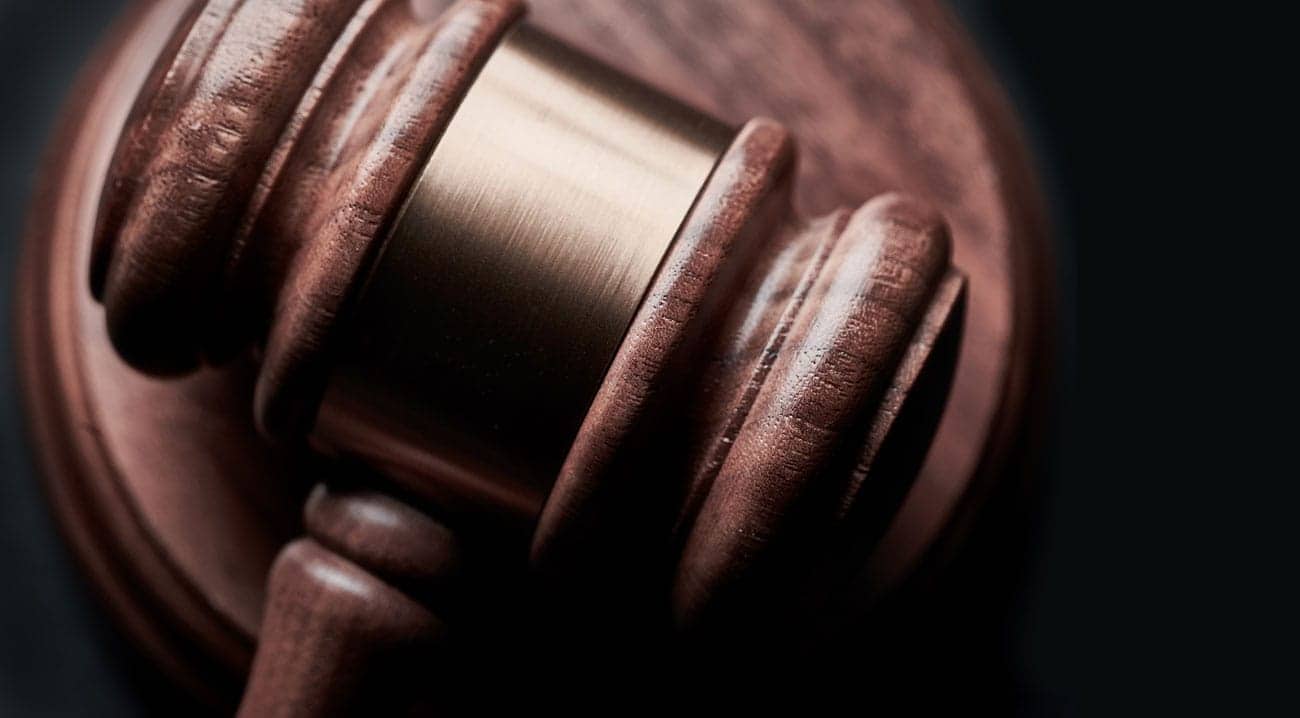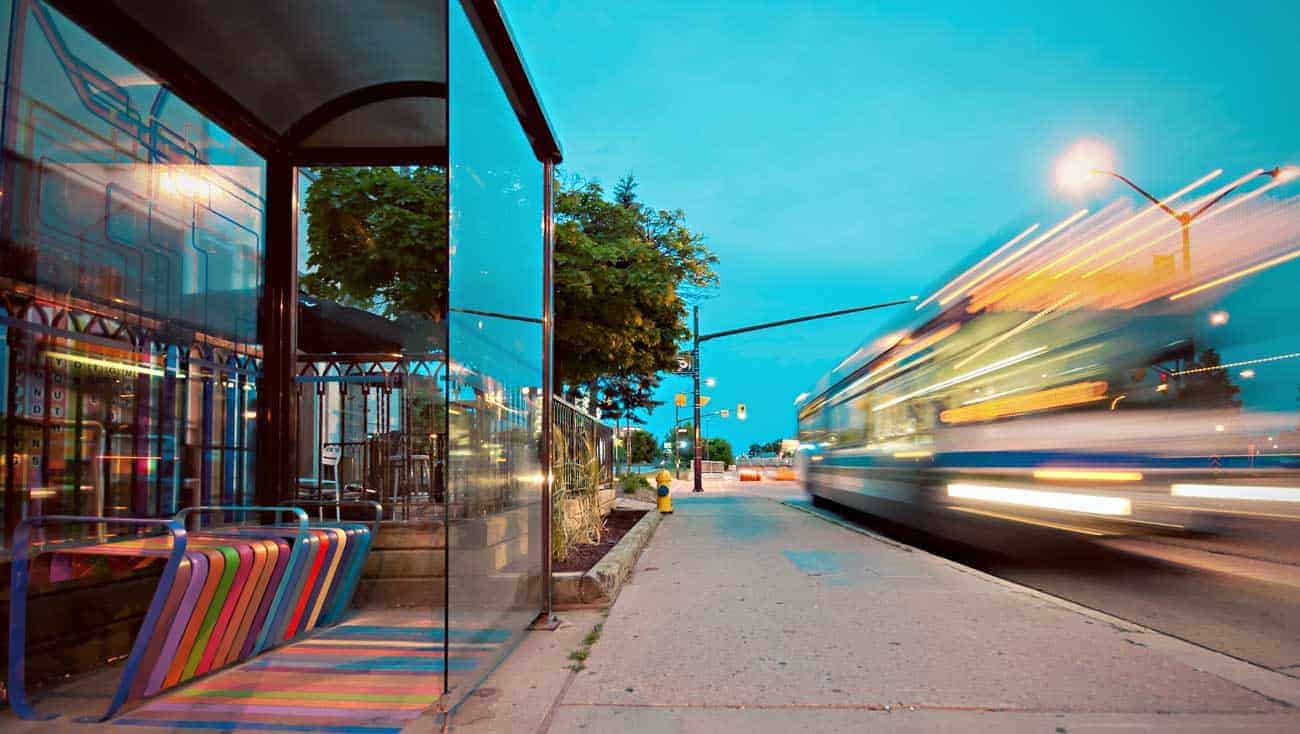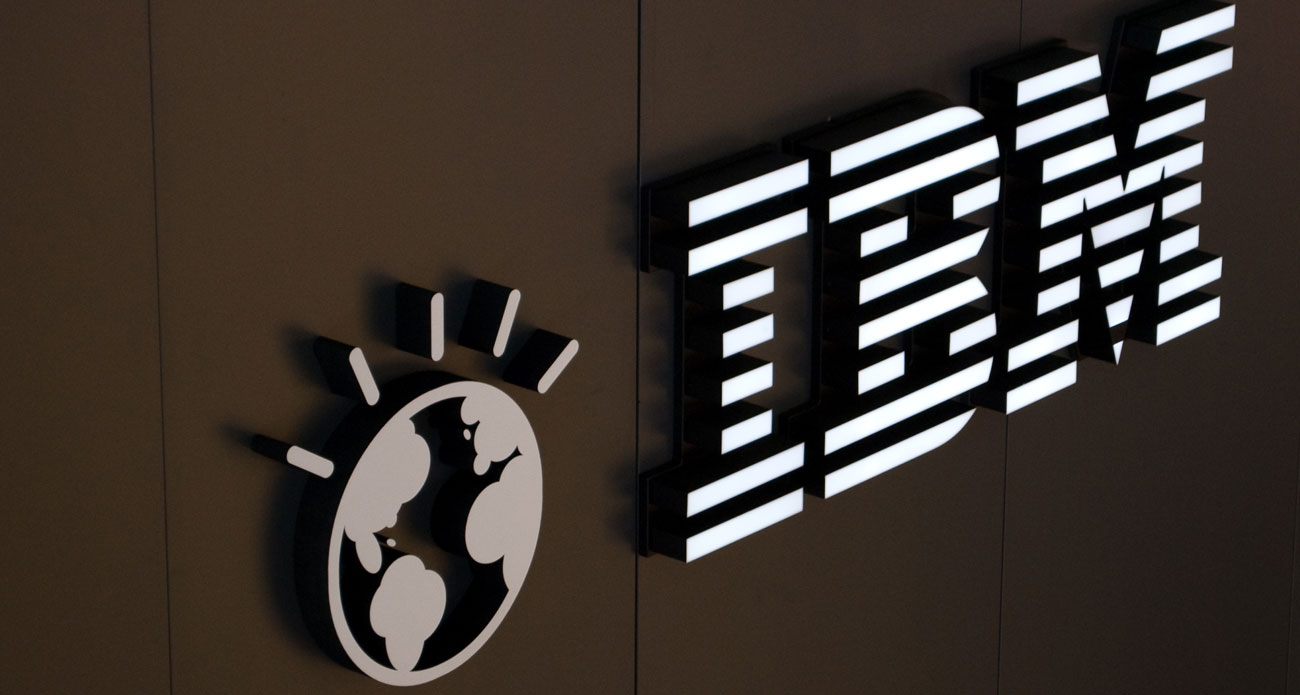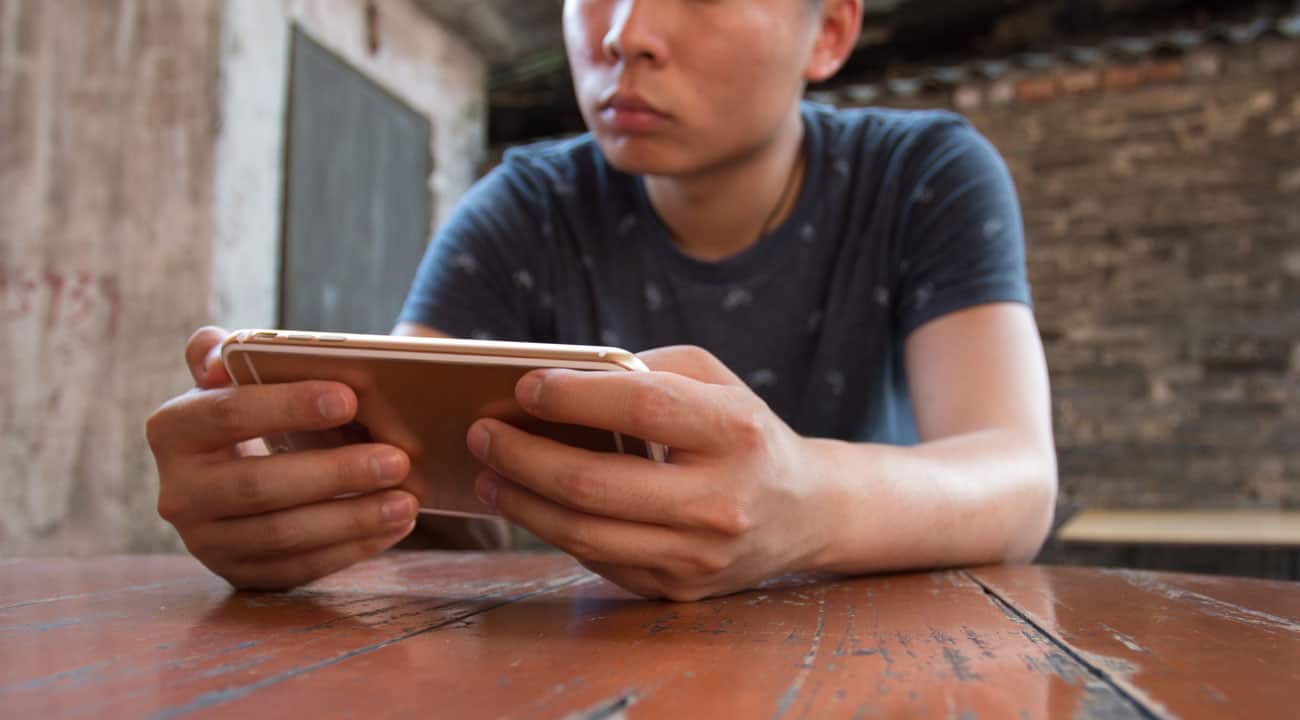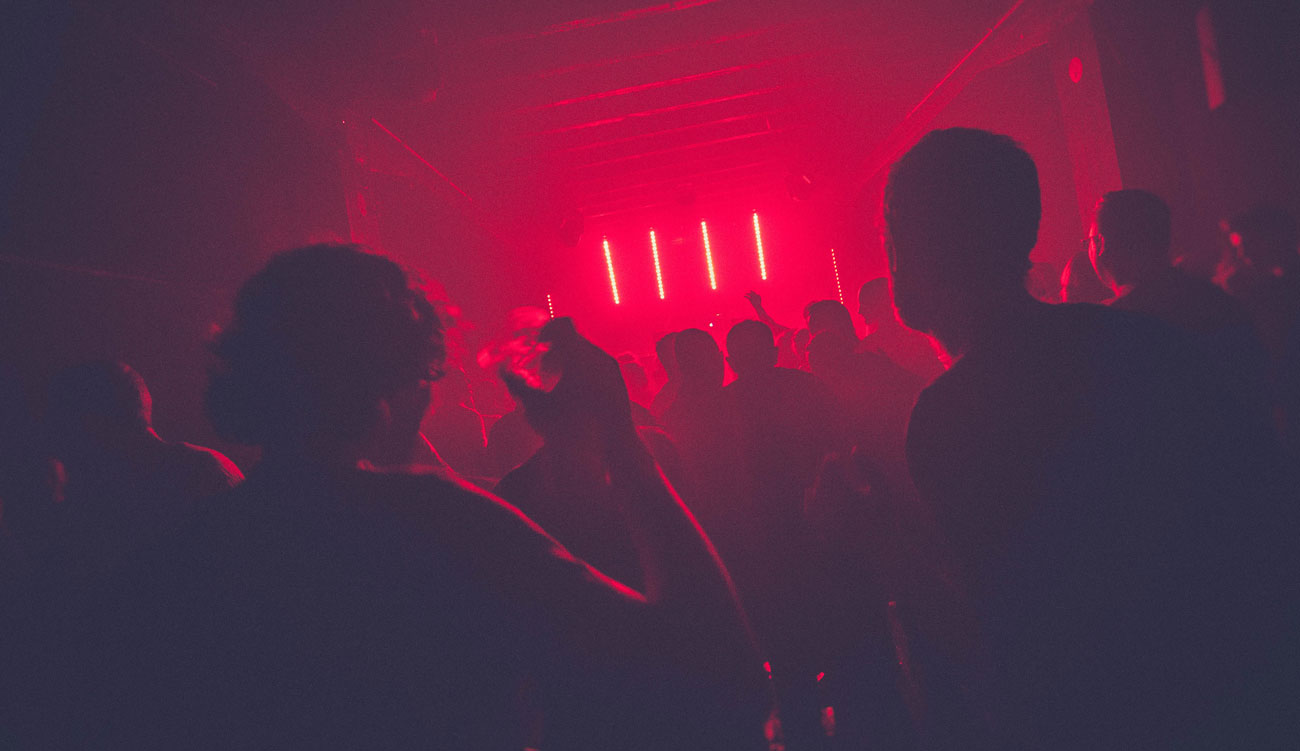Contxto – In Rio de Janeiro, a pair of lawsuits continue for two startups that handle consumer complaints against airline companies. The plaintiff in both instances is the local Brazilian Bar Association (OAB-RJ) and the defendants are LiberFly and QuickBrasil.
These startups offer financial compensation to consumers who’ve had a flight canceled or delayed. And for up to R$1,000 (almost US$250) they assure a quick buck to those who want to sue the airline.
So it appears air carriers have had enough, and are fighting back in court.
Besides, LiberFly and QuickBrasil, the OAB-RJ has filed an additional three action suits to other businesses with similar offerings. Plus four more are to come in 2020.
Two lawsuits, a similar conclusion
According to Brazil’s Code of Ethics and Discipline, only established law firms may offer legal services through advertising. Consequently, the OAB-RJ argues that neither LiberFly nor QuickBrasil are legal companies and therefore shouldn’t be allowed to use marketing and ads that suggests otherwise.
In the LiberFly case, a federal judge determined that the startup does suggest giving legal insight to bait clients. Therefore, he ordered an injunction that bars it from generating publicity that hints at offering legal services to attract clients. The startup has made an appeal.
Meanwhile, a different judge for the QuickBrasil case is reaching a similar conclusion in viewing the advertisements made by the startup as suggesting that it can convey legal advice. Whether the outcome plays out the same way is to be determined.
Fight or flight?
The grievances of Liberfly and QuickBrasil customers are commonplace throughout the world. Everyone has experienced overbooking, delays, lost a connection or even luggage at some point while flying.
Airlines shouldn’t use consumers as pawns to use however they please in arranging flights. Travelers often do have legitimate claims against carriers. And it’s hard to forget how slow judicial proceedings are to bring justice around in Latin America. Not to mention the expensive fees legal firms charge.
As a result, startups like Liberfly and QuickBrasil can offer consumers compensation for their flight-related grievances.
But then, there’s the other side of the story as well.
It’s been argued that airlines shouldn’t be held accountable for flight troubles under every circumstance, such as bad weather.
Likewise, when airlines cover the costs of lawsuits and legal mitigations of this nature it also drains its financial health. It’s reported that in Brazil, there were over 64,000 cases filed against airlines in 2018.
This number made a jump to 109,000 in 2019.
Therefore, according to Eduardo Sanovicz, President of the Brazilian Association of Airlines (ABEAR), in 2020, airlines in Brazil will be paying around US$500 million in legal troubles.
When money becomes tight, it leads to layovers, and that’s not fair to airline staff either.
So I ask you: fight or flight?
-ML
